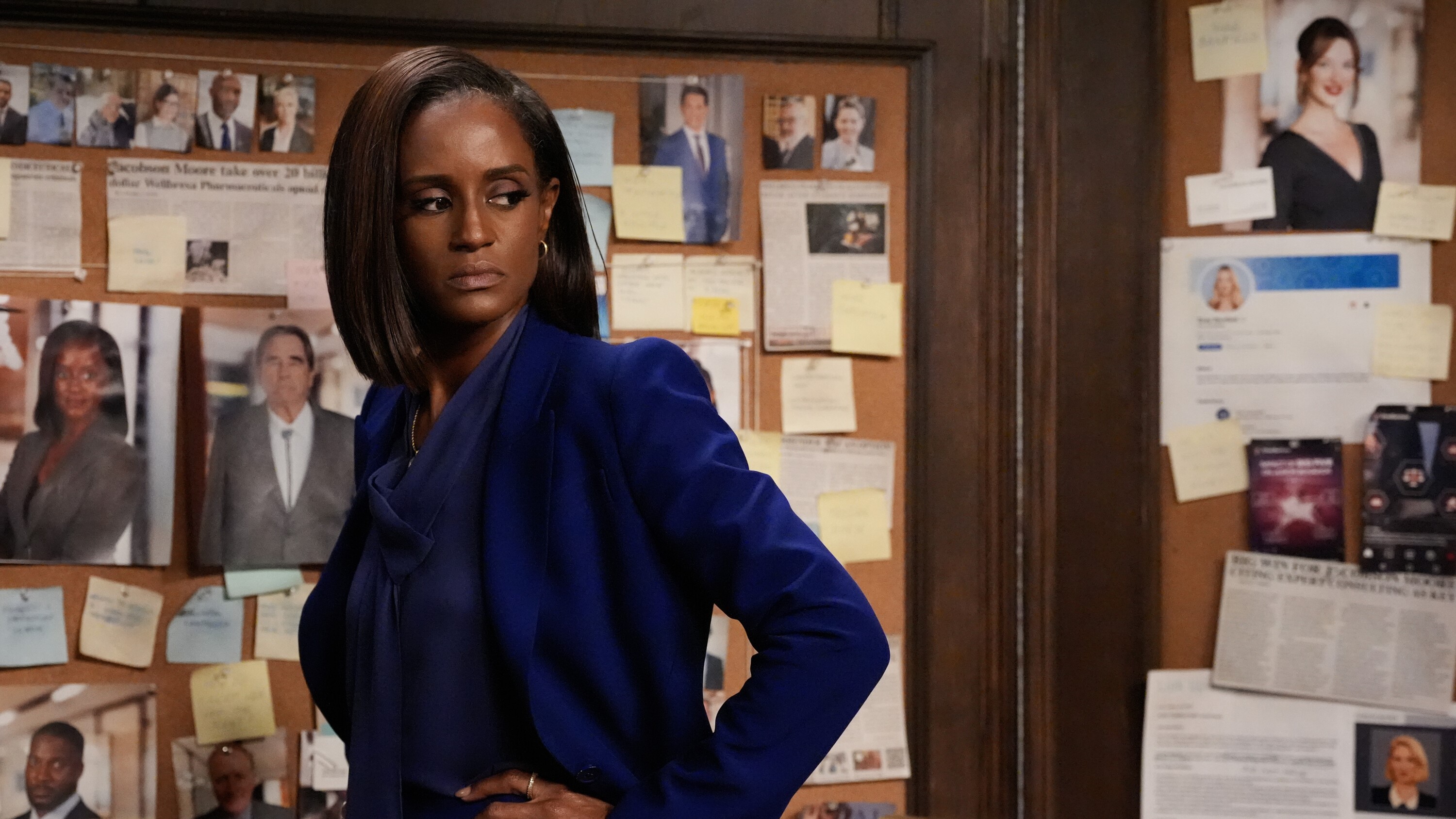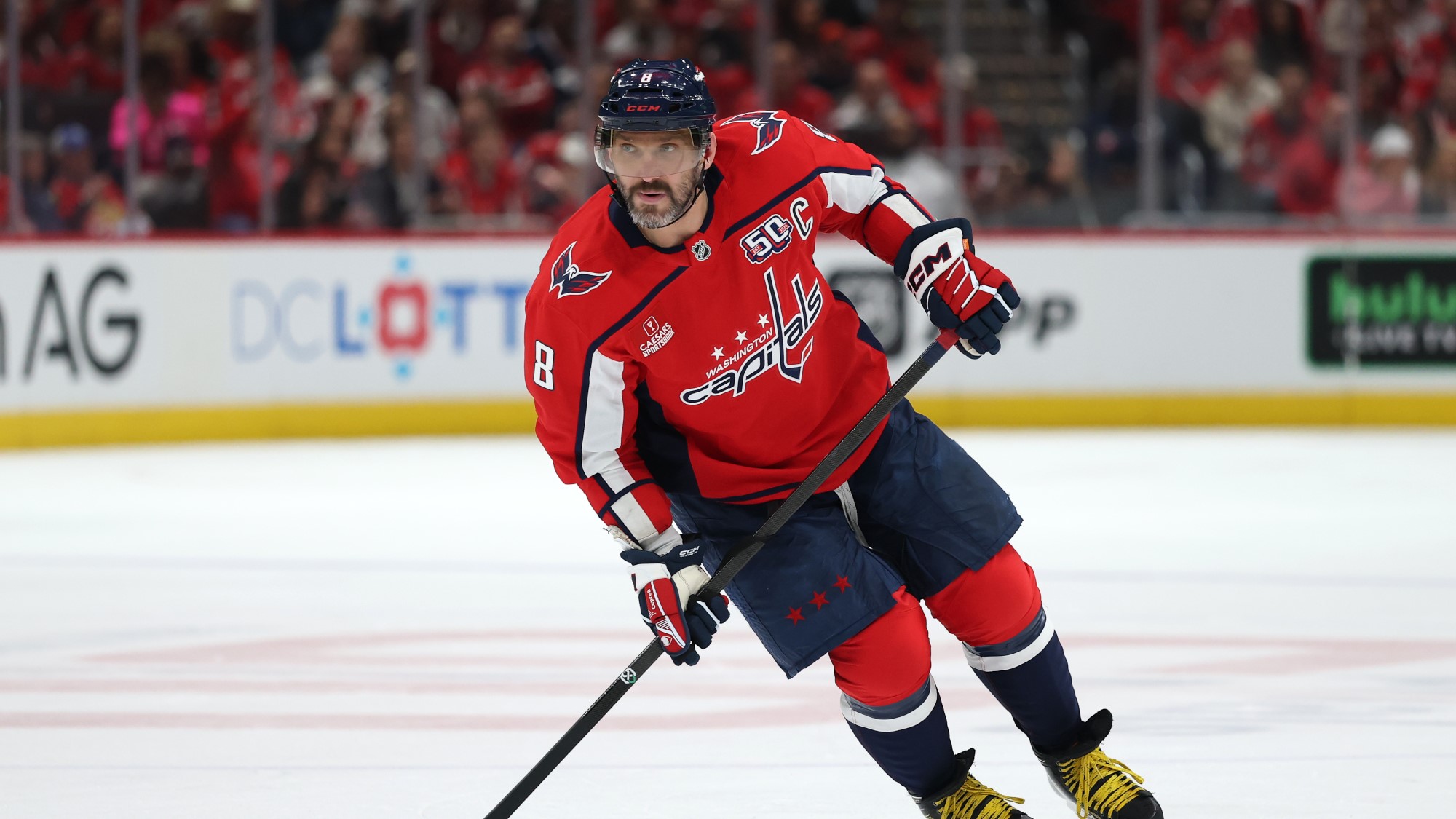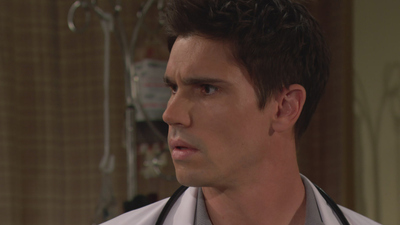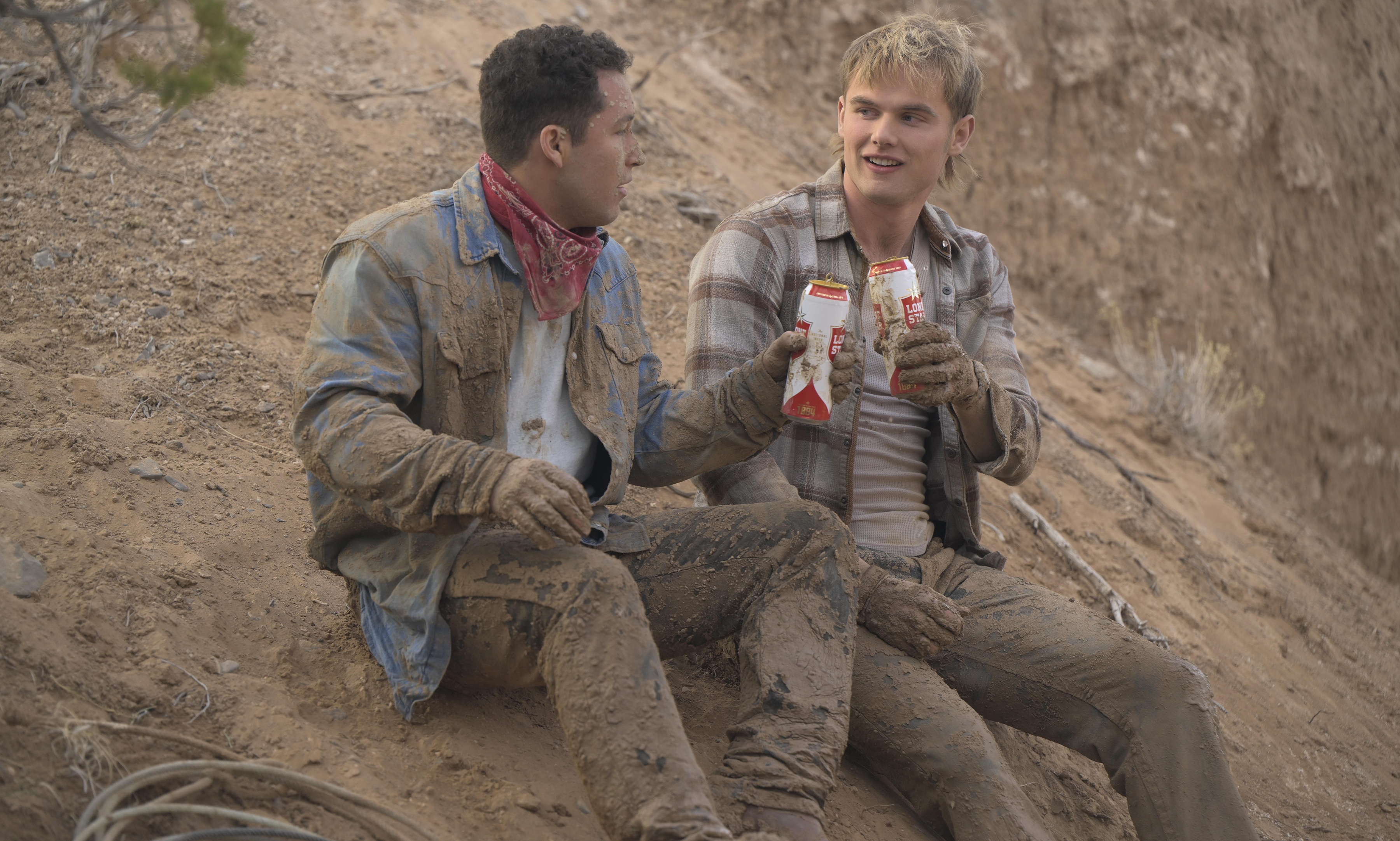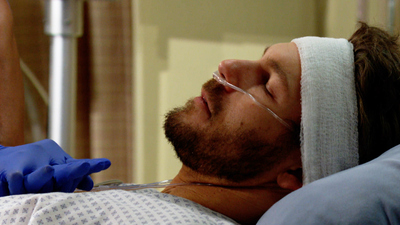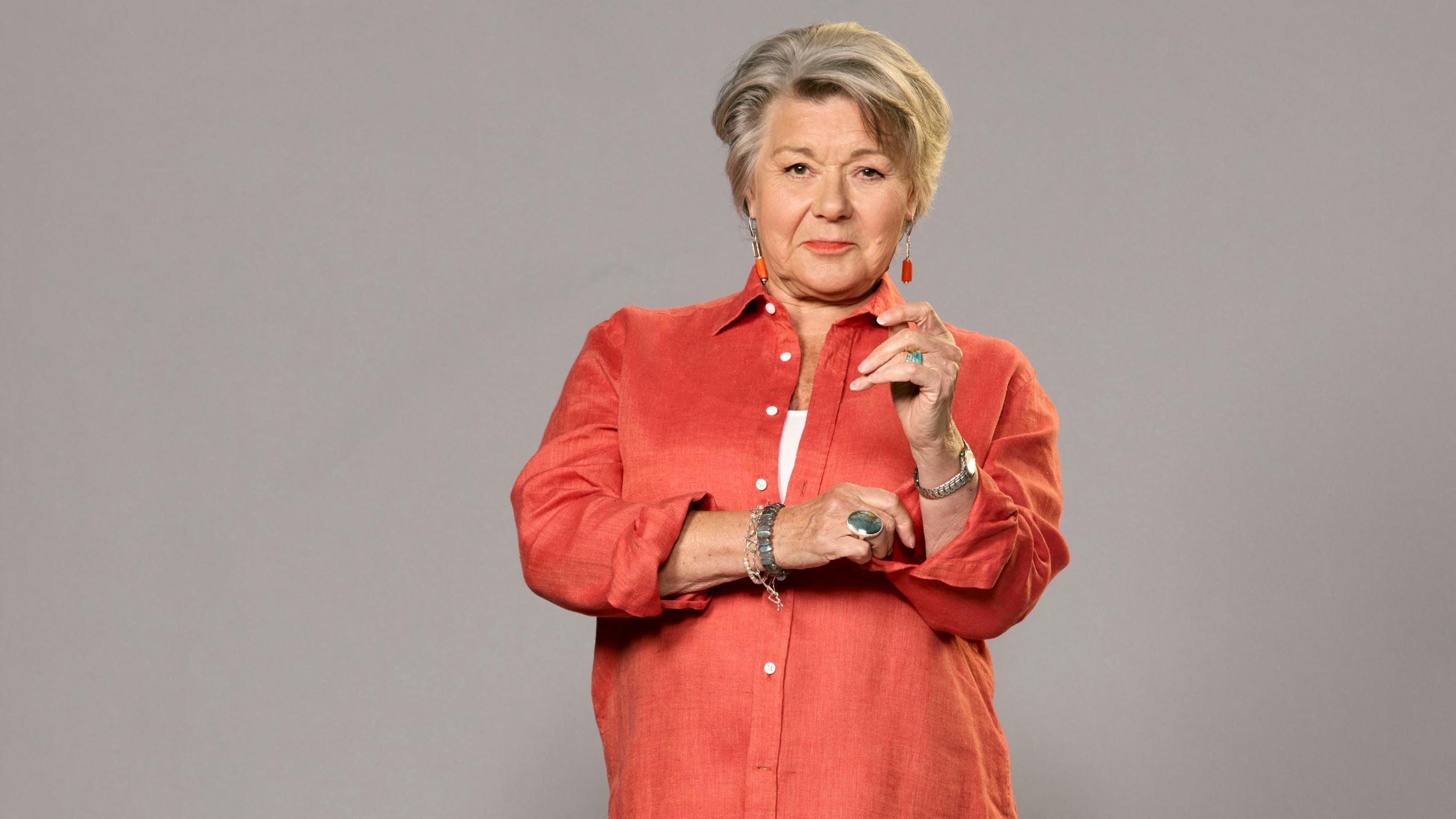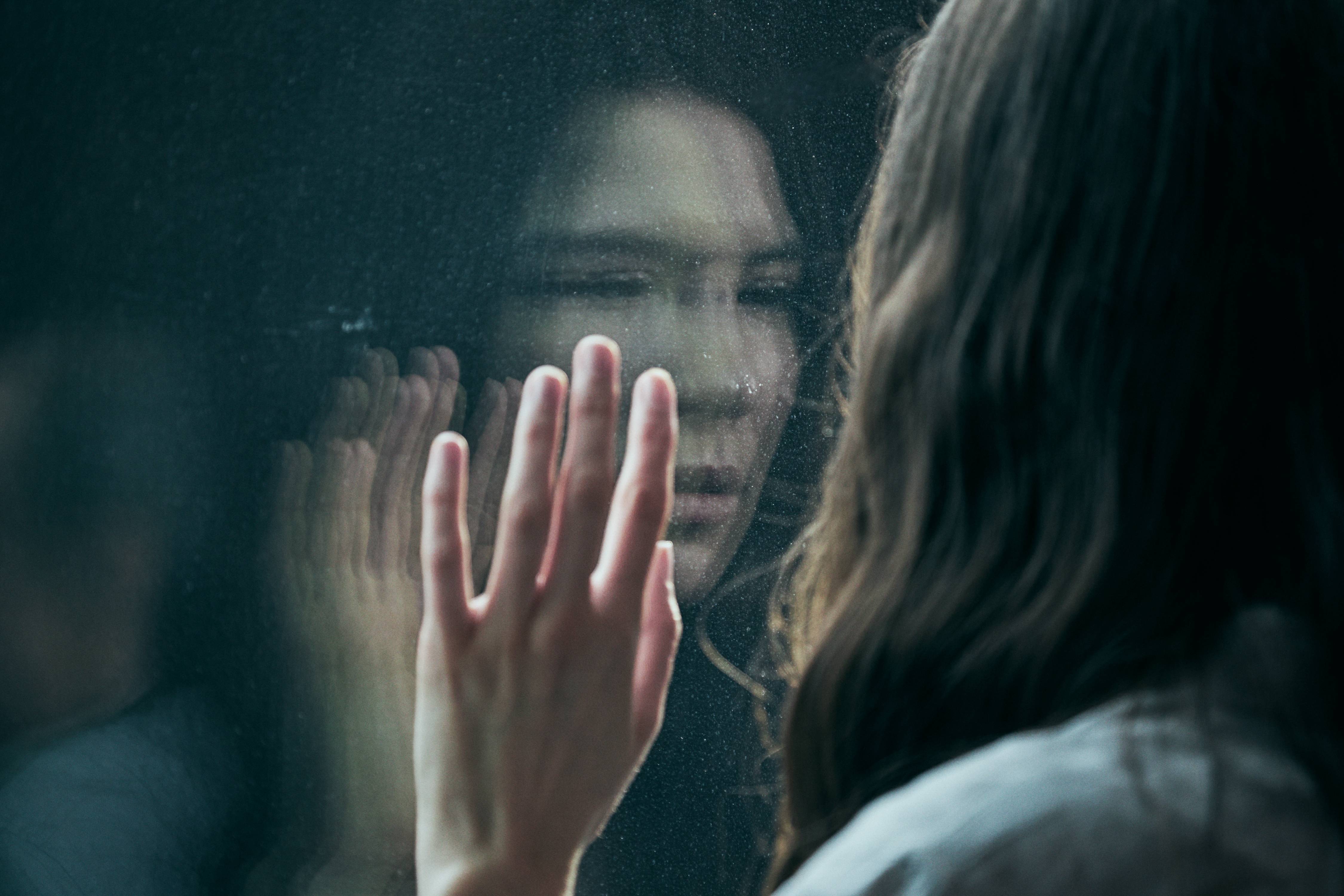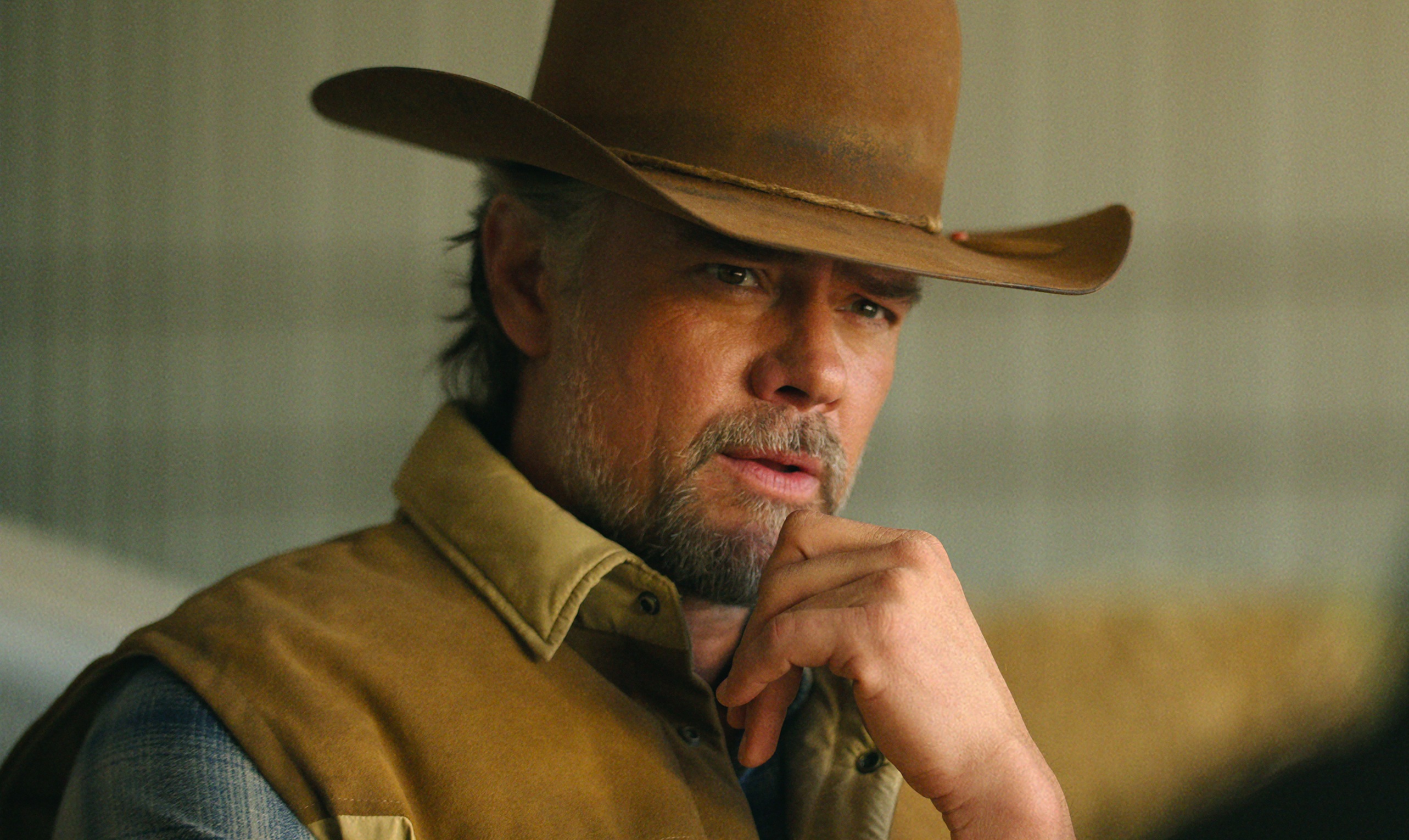Why do most of the current nostalgic TV revivals fail?
Nostalgic TV reboots are everywhere in the 2020s but most of them fall short of success.
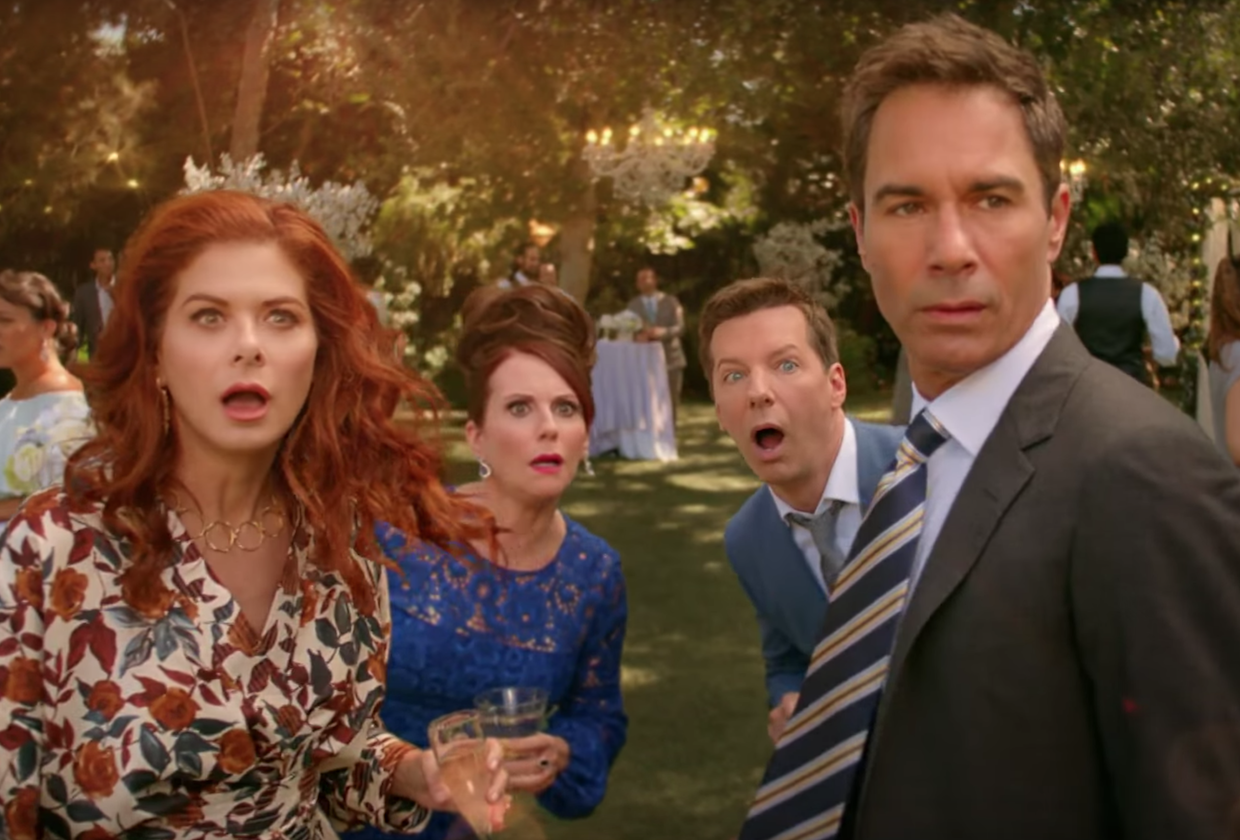
It feels as though we can’t go through the week without yet another TV reboot, remake, or revival being announced. In the modern age of Too Much Content and an increasing number of viewing platforms and networks scrambling for audiences’ attention, the primary strategy shared among them seems to be to just bring back that which was popular a few decades ago. Every new streaming service arrives with a flurry of promised nostalgic re-imaginings, to the point where one wonders if it’s an industry requirement. Peacock, the NBC Universal platform, has Punky Brewster and Saved by the Bell. CBS All Access (soon to be renamed Paramount+) are offering a CGI prequel series of Spongebob Squarepants and Variety reported that they are working on bringing back Frasier. On Disney+, you can soon find a new Mighty Ducks series, with planned revivals and remakes of Willow, Doogie Houser, M.D., and Turner & Hooch, to name but three, on the horizon. It’s not just streaming services either: Old-school networks have offered a plethora of such shows, from Murphy Brown to Will & Grace, Roseanne, and Mad About You. What unites all of these nostalgic TV revivals is twofold: a constant reminder that everything old is new again, and the disheartening reality that the vast majority of these reboots just weren’t very good.
It’s easy to fall into the trap of grumbling about remake culture and how Hollywood doesn’t make anything new these days. While such revivals are nothing new, and the entertainment industry was partly built on regurgitating familiar titles for hungry audiences, it does feel more prevalent than ever in 2021. It may simply be because there’s more television than ever to consume, more than one person could ever hope to watch.
Nostalgia has always been a solid money-maker, even as viewers complain that they want originality. Yet we continue to turn to the familiar, to the comforting things we've seen so many times that we practically have them memorized. Nielsen numbers for 2020 revealed that the most-watched show on Netflix was The Office, a comedy that's been off the air since 2013. Netflix may spend billions on flashy prestige dramas and Oscar-nominated movies, but the thing that its subscribers seem to want the most is a comedy that they don't even own. The show has since moved to Peacock. It’s certainly cemented recent programming decisions across the board. Hold onto your most beloved IPs and squeeze the life out of them in any manner you can. That way, you get all the profits, and you breathe a few years’ worth of new life into something that otherwise would languish in a vault.
It’s the same logic with network TV. Previously the undisputed giants of the medium, the big four are now scrambling for an increasingly smaller share of the market, and they’re relying on the former kings of ‘80s and ‘90s comedy to bring back those viewers. Will & Grace was never going to pull in the audience shares it did in its prime when it was revived, but it still fared surprisingly well for NBC.
Nobody ever doubted the business behind nostalgia, but its creative benefits have been much harder to discover. Very few of these revivals have received much in the way of critical acclaim. Indeed, they mostly faced flack for struggling to keep up with changing times (Murphy Brown) or having lost the magic that made them so popular in the first place (Will & Grace.) They carry the vague scent of a creaky relic pulled out of the attic with the dust still caked onto its surface. The logic seems to be that these old workhorses don’t need any extra work done to them to please the audiences who enjoyed them the first time around. This overlooks how dramatically the TV landscape has changed in the past two decades. Nostalgia is a mighty force, but it still needs to do more than exist. You can choose to reflect upon the past or cloak yourself in its rose-tinted warmth. Audiences’ tolerance for the latter may have greatly waned over the years, however, as many a Gilmore Girls fan will tell you following that beloved series’ Netflix revival. Suddenly, Lorelai and Rory seemed far less charming with current-day hindsight, and the comfort factor greatly dissipated.
Other nostalgic revivals did try to be thoroughly of the moment, most notable the return of CBS’s Roseanne. Always a show celebrated for its examination of working-class American life, the series attempted to bring the most pressing matters of the Trump era to the screen. Roseanne and Dan Conner were Trump voters, Roseanne struggled with chronic pain and worked as an Uber driver for extra cash, and her opiate use quickly became a dependency. In general, critics warmed to Roseanne's politically sharp beats and found it to be a worthy continuation of the series at its prime, although it still faced heavy pushback for what many saw as an overt attempt to sympathize with the most insidious aspects of Trump-era politics. It probably would have been the poster child for how to properly reboot a nostalgic favorite had Roseanne Barr not set the entire thing on fire with her history of racism, which eventually resulted in the show being cancelled. It was eventually followed by The Conners, which killed her off and kept going, although critics haven't been as wild about that show.
Roseanne walked a thin tightrope with mixed success, but most nostalgic reboots stumbled on the first step. The issue with nostalgia is that its comforting glow can often distract us from the more critical elements. Murphy Brown made headlines for its socio-political spark in its day, but the one-season revival couldn’t apply that same force to the 2010s and hope to see the same results. The magic did not work in the new context. How could it? Shoehorning these characters and their views into a new era needed a delicate touch that most of these shows lacked. Roseanne may have been celebrated for tacking Trumpism, but it was still hard for a lot of fans to swallow the notion that Roseanne Conner, a pro-union feminist who supported LGBTQ+ rights, would suddenly go hard-right purely out of “economic anxiety.” The show never delved beyond that, which was a major missed opportunity. It seemed to be enough for these shows to toss in buzzwords that would get laughs from a live studio audience then call it a day (and way too many of those punchlines involved the word “woke”.)
Get the What to Watch Newsletter
The latest updates, reviews and unmissable series to watch and more!
It’s not all doom and gloom, however. Some showrunners have embraced their nostalgic reboots with wit, creativity, and enough self-awareness to know not to enshrine their source material in gold. Nobody seemed especially thrilled at the prospect of a modern-day take on Saved by the Bell, yet Peacock surprised many with a show that was very much of the moment, wickedly funny, and savvy in its understanding of the original show. It often viciously satirized the high school comedy genre, both of 2020 and the early ‘90s, and let its new characters be fully-rounded people rather than extensions of the old cast. It poked fun at the cynicism of its own concept while providing enough heart to give viewers a reason to care beyond morbid curiosity. In a field of unnecessary reboots, Saved by the Bell justified its own existence.
Cobra Kai, a follow-up to The Karate Kid, also blew up nostalgic tropes by reinventing the teenage underdog tale into one of middle-age male frustration and toxic masculinity. Like Saved by the Bell, it fills in the thematic gaps its preceding series left behind and enrichens the wider story. It does not seek to whitewash flaws or political blind spots. Even as it provides escapist entertainment, it demands more from its viewers.
Of course, now and then, we also get a straight-up masterpiece, such as 2017’s revival of Twin Peaks, a show of such radical artistry that it’s genuinely miraculous that someone gave David Lynch the money to make it. The Return was anti-nostalgia, denying die-hard fans closure and familiar faces at every turn in favor of pushing boundaries and reinventing what the medium of television could provide for such a narrative.
Sadly, these shows still feel like exceptions to the rule of nostalgic reboots. Networks want bang for their buck, as long as the cost isn’t too high. When even our new entertainment has one foot in the past, from ‘80s-set dramas like Stranger Things to the continued plundering of the Skywalker saga in the Star Wars universe, it seems as though we are determined to cling to the familiar, unquestioningly so. It remains to be seen how viable such a strategy is in the long-term. What do you remake when you’ve brought back everything? How long before the 2010s is our new nostalgic benchmark? Is the past to remain our blanket of warmth rather than a hard truth to be examined?
Kayleigh is a pop culture writer and critic based in Dundee, Scotland. Her work can be found on Pajiba, IGN, Uproxx, RogerEbert.com, SlashFilm, and WhatToWatch, among other places. She's also the creator of the newsletter The Gossip Reading Club.

